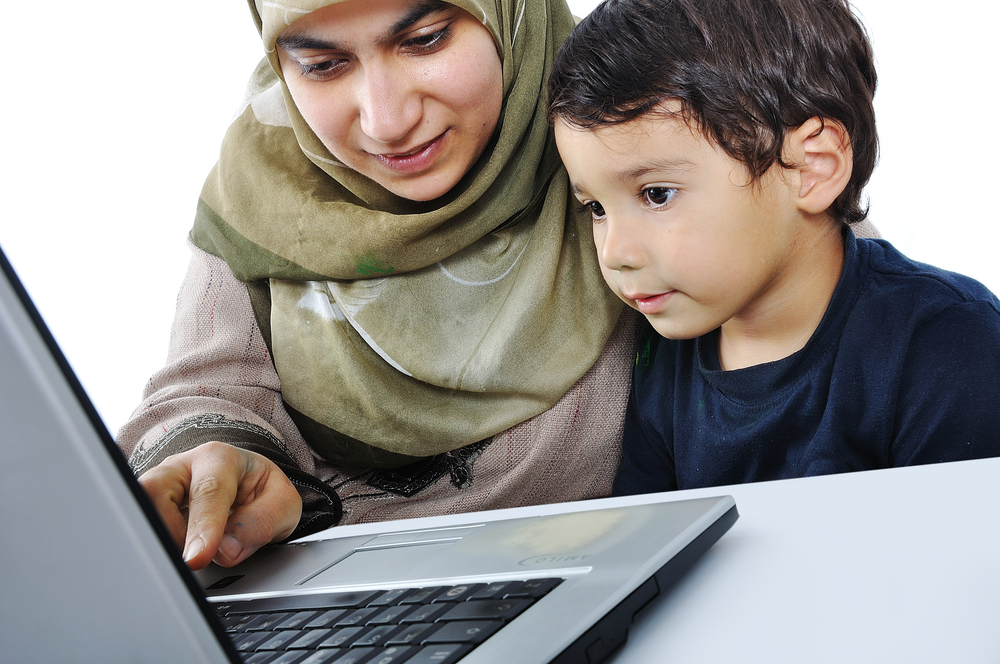Please help.I am a confused young man, as I do not know my aim in life.
 Question: I am a confused young man. I do not know what to do, where to go, what aim I should choose in my life, and what I shall be in my future. In other words, I am lost and aimless. I think of myself as created in vain. I do not think that there is someone who can save me from this state. I have written to you only because one of my friends asked me to do that, although I am desperate even of your solutions.
Question: I am a confused young man. I do not know what to do, where to go, what aim I should choose in my life, and what I shall be in my future. In other words, I am lost and aimless. I think of myself as created in vain. I do not think that there is someone who can save me from this state. I have written to you only because one of my friends asked me to do that, although I am desperate even of your solutions.
The answer: It is not important that you become satisfied with what I tell you, but what is important is that you must prevent despair from overcoming you. Now, read my answer and then do as your mind tells you!
Dear brother, people, in life, can be divided into four kinds:
1. One who is clear to himself and to others
2. One who is clear to himself but unclear to others
3. One who is unclear to himself but clear to others
4. One who is unclear to himself and to others
People of the first kind are good and successful people. They know themselves and their inward and outward powers and talents. They know their aims in life. They live naturally and others know them to be so, especially their close fellows. Therefore, the others neither suspect them nor do they fear any evil from hem.
People of the second kind are those with whom it is difficult to deal. There are some things inside them that they do not uncover to the others; therefore, the others live with them in difficultly. Many confusions and troubles happen when dealing with them.
People of the third kind are those who do not know what they do, where they are, how they move, and where they will end. They are unsuccessful in life and the others see them to be so clearly.
People of the fourth kind are introverted people. They are neither clear to themselves nor are they clear to others.
You should determine to be from the people of the first kind, who know themselves and whom people know clearly. Your despair is the source of your distress and the cause of your perishment. In history, there were many people whose distresses were greater than yours and who were nearer than you to perishment, but in one moment they defeated their despair and restored morale and confidence and Allah accepted their repentances and purified them.
Dear brother, tell me Whom you have disobeyed!
You have disobeyed Allah. Allah Himself says to you: I clear your past. Come and do good from this moment!
Allah the Almighty loves you if you repent to Him. He assists you so you can be successful in the rest of your life. Then what is this despair for?
Allah says, (O you who believe! answer (the call of) Allah and His Messenger when he calls you to that which gives you life).
Dear brother, in responding to the call of Allah and His messenger there is your life. Come and cure yourself by associating with sincere, faithful, and pious people of understanding. Try to explain your state to them and tell them everything about yourself, after being certain that they will keep your secrets! Surely, they will guide you to the right way in which you will find your happiness.
It is necessary to prepare yourself to accept the advices of others. Let us suppose that you want the pleasures of this life and you do not think of the afterlife. Well, does this worldly aim not require you to accept some things that you do not like or get rid of some habits that may be difficult in the beginning?
Look at others who are proud, self-deceived, or who do not care for others, or those who do not take care of cleanliness, or whose mouths smell unpleasant…look at tens of those who consider themselves benevolent but, in fact, they are deviant and misleading. Do you not dislike such persons and hate their conducts?
In order to not be like them and in order to not be disliked by people, try to show your advisors your acceptance of their advice and your readiness to accept constructive criticism as a first step towards the way of happiness.
I invite you to save yourself so that you shall be in Paradise, in which are found every blessing and pleasure. Do you know that many desperate people have deserved to be in Paradise at the last hours of their lives when they drove despair away from them and gained the wide mercy of their Lord?
Why should you not be one of them? The Paradise of Allah has opened its gates for you to dwell in it and to forget all your pains. Is it not reasonable and wise to approach your eternal happiness? It is a determination of a moment that gives you happiness in your life and after your life when you will be resurrected.
source :For a Better Future










